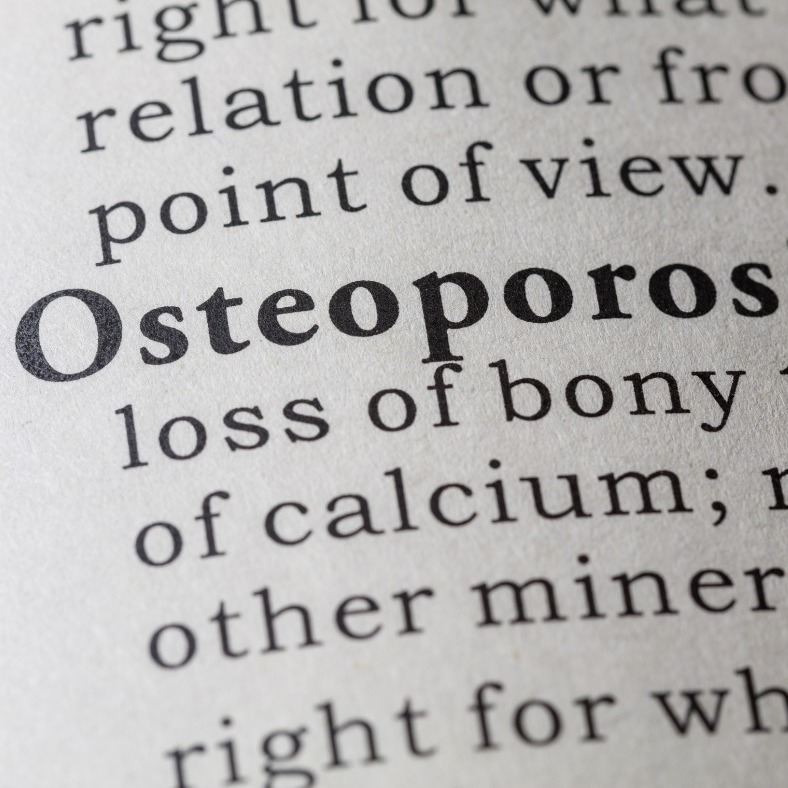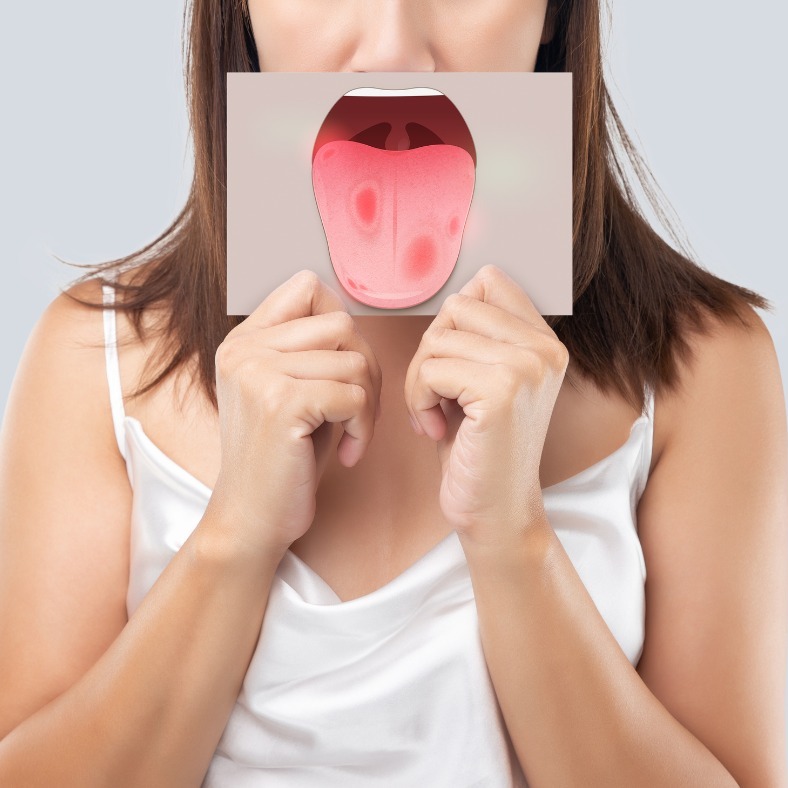The OPTISMILE Podcast 71 - Osteoporosis & Oral Health: Navigating the Postmenopausal Connection
Description
In this episode of Save Your Money, Save Your Teeth, we explore how postmenopausal osteoporosis can directly impact jawbone health, gum stability, and even implant success.
Dr Clifford Yudelman of OptiSmile explains the crucial links between systemic bone loss and oral health, what to watch for, and how to protect yourself or your loved ones.
This episode is especially valuable for women over 50, their families, and healthcare professionals working in hormonal or dental care.
Timestamps & Chapters:
[0:58 ] How does osteoporosis affect your jaw bone density and overall dental health?
It reduces alveolar bone height and thickness, making teeth more mobile and increasing gum recession. This can complicate periodontal treatment and healing. Early detection via routine dental X-rays is key.
[2:13 ] Which osteoporosis medications most commonly impact oral tissues or healing?
Oral bisphosphonates, denosumab, and intravenous bisphosphonates all carry risks, particularly for jaw necrosis (MRONJ). Dental check-ups should be done before starting these medications — see this in-depth implant planning guide for considerations in medically complex cases.
[5:03 ] What early warning signs should postmenopausal patients watch for?
Wobbly teeth, gaps between teeth, root sensitivity, and delayed healing after procedures may all point to reduced bone density and should be investigated. These oral symptoms often reflect broader health issues. Learn more in our post on oral-systemic health connections.
[6:48 ] How is bone health assessed during a dental checkup?
Dentists use medical history, DEXA scans, 2D and 3D x-rays (CBCT), and sometimes coordinate with physicians to assess bone volume and density - as explained in this comprehensive dental check-up overview.
[8:25 ] Can dental treatments influence osteoporosis or vice versa?
Yes. Implants, if done correctly, can stimulate bone growth, while extractions need extreme care to prevent necrosis. Chronic inflammation also worsens bone loss - this is covered in more detail in the dental implant guide.
[10:16 ] What preventative strategies protect oral bone in osteoporotic patients?
Use extra-soft toothbrushes, floss, regular hygienist visits, PRF (platelet-rich fibrin), and laser therapy. Bite guards help avoid microtrauma. More frequent x-rays are often advised — explained here: check-up timing and benefits.
[12:59 ] How should implant planning change for patients with low bone density?
It may involve staged treatment, specific implants for compromised bone, longer healing times, and avoiding implants entirely in patients on IV bisphosphonates. More detail here: Are Dental Implants Right for Me?.
[14:44 ] Any dietary or supplement tips for bone and dental health?
Calcium, vitamin D, and hormone replacement therapy can help. Avoid acidic drinks that damage enamel and bone. These relationships are explored in our oral-systemic health article.
[18:26 ] How often should someone with osteoporosis see the dentist?
At least every 6 months — more often if there's gum disease or bone loss. X-rays may be needed every 12–18 months. Learn why regular assessments matter in this guide.
[19:52 ] What’s your top recommendation for postmenopausal patients concerned about their smile and bone health?
Make sure your dentist and doctor communicate. Prevention and early detection are key. If you’re unsure where to begin, start with a free video consultation or explore our full podcast archive to empower yourself with dental knowledge.
Outro
Whether you’re navigating menopause yourself or supporting someone who is, dental health is a critical part of whole-body wellbeing. Stay informed, stay proactive, and don’t wait until it’s too late.
🔗 Relevant Resources from OptiSmile
- Invisalign & Clear Aligners
- https://optismile.co.za/invisalign
- Composite Bonding & Veneers
- https://optismile.co.za/composite-bonding
- Digital Smile Consultations
- https://optismile.co.za/virtual-consultation
- WOW! Whitening Treatment
- https://optismile.co.za/teeth-whitening
- Full Podcast Library
- https://optismile.co.za/podcast
Contact the Best dentist in Cape Town
Book your next Dental Checkup with OptiSmile
Disclaimer: The content provided in this podcast, "Save Your Money Save Your Teeth" on Medical Mondays, is for informational and educational purposes only. It is not intended to serve as dental or medical advice. The insights and opinions expressed by Dr. Clifford Yudelman and any guests are designed to foster a better understanding of dental health, preventive measures, and general well-being, but should not be interpreted as professional dental or medical recommendations. Dr. Clifford Yudelman does not diagnose, treat, or offer prevention strategies for any health conditions directly through this podcast. This platform is not a substitute for the personalized care and advice provided by a licensed dental or healthcare professional. We strongly encourage our listeners to consult with their own dental care providers to address individual dental health needs and concerns. The information shared here aims to empower listeners with knowledge about dental health but must not be used as a basis for making health-related decisions without professional guidance. Your dental care provider is the best source of advice about your dental and overall health. Please always seek the advice of your dentist or other qualified health professionals regarding any questions or concerns about your dental health.
























